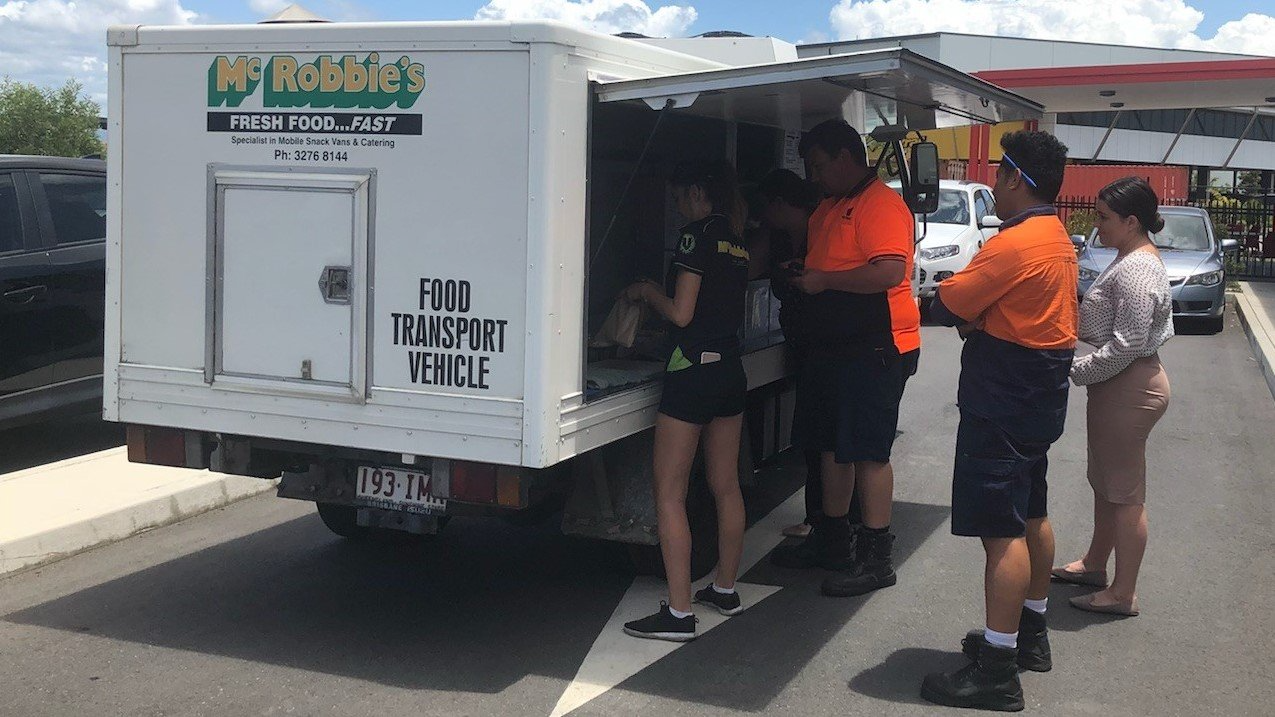

It was in the early 1600s that truck was used for a simple wheel mounted on the carriages of ships' guns. In the 19th century, people began to refer to the farms producing vegetables for the market as truck farms. That sense was influenced by the fact that the truck that was bartered often consisted of vegetables from gardens. In addition to the practice of trading, truck was used for the goods exchanged, and in the late 18th century the meaning of the word was extended to refer to a specific commodity: vegetables grown for the market. Alexander Hamilton, A new account of the East Indies, 1727 Those Priests had erected a Scaffold on two Axle-trees, that had Trucks fitted for them like the Carriage of Ship Guns. Their trade is managed by truck, or bartering one commodity for another. The "bartering" truck was derived from troque, the Old French word for "barter" the "wheel" truck originated from the Greek word trochos, meaning "wheel." In colonial times, truck referred to two dissimilar things: bartering and a wheel. It was used in the phrase "make one eat humble pie," which was defined as "to make him lower his tone, and be submissive." The compiler of the book suspected that the phrase derived from the pie made of deer umbles, and in that case, he thought, it should be written " umble-pie, the food of inferiors." Today's figurative humble pie appeared about 1830, when it turned up in a book on the vocabulary of East Anglia. So while the gentry were feasting on prime cuts of venison, the gamekeeper and other servants were dining on humble pie.


The usual way to prepare the humbles was to make them into a meat pie-really a thick rich stew with a crust. Those edible viscera-liver, heart, kidneys, and so forth-were known in Norman French as nombles, a word the French had derived from Latin lumbulus, denoting a cut of meat, from lumbus, "loin." By the 14th century, nombles had passed into English as numbles, by the 15th it was umbles, and by the 16th humbles. The better cuts belong to you, the lord of the manor the rest-head, skin, shoulders, chine, and the edible viscera-are left for the gamekeeper, the huntsmen, and the servants. After you have shot a few deer, you return and the retainers butcher the animals for use. You go out to hunt deer on your estate, taking with you a considerable party of friends, guests, and retainers. Let us suppose that you are a great Anglo-Norman baron of, say, the 13th century.


 0 kommentar(er)
0 kommentar(er)
